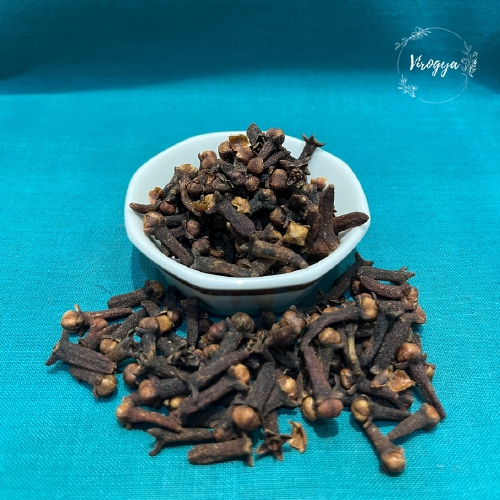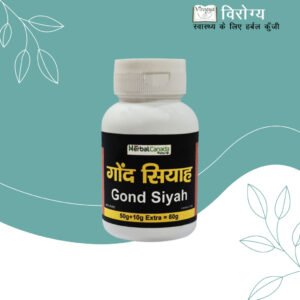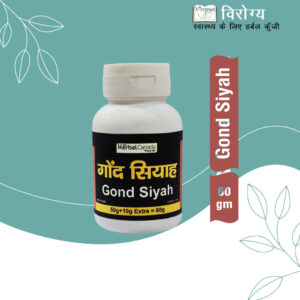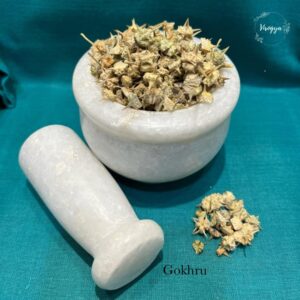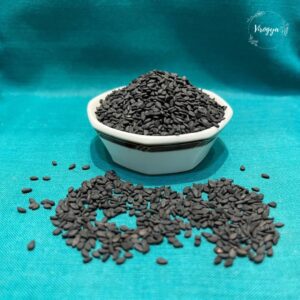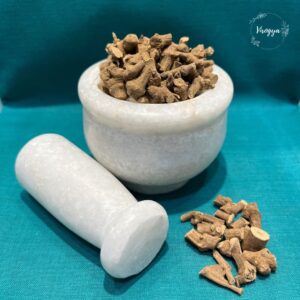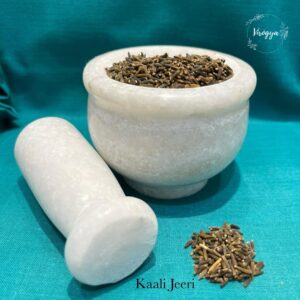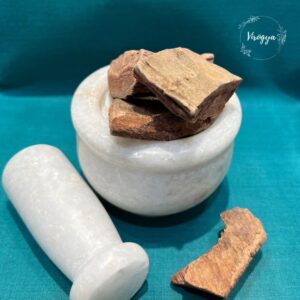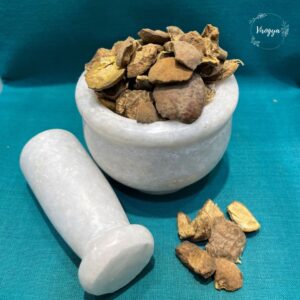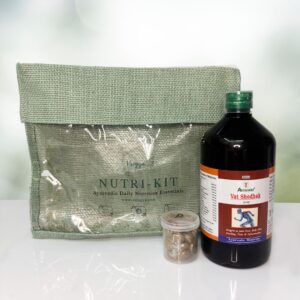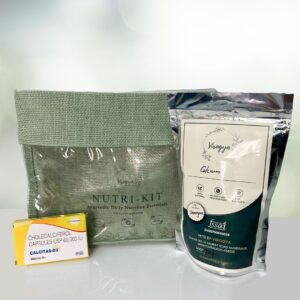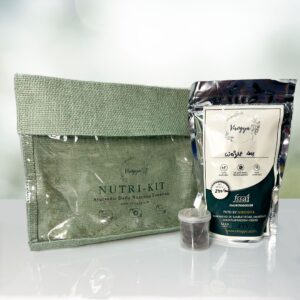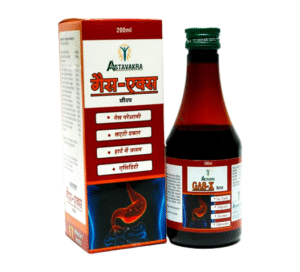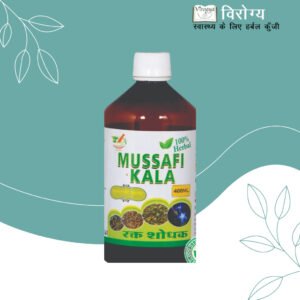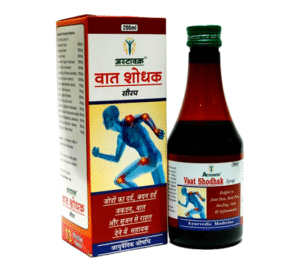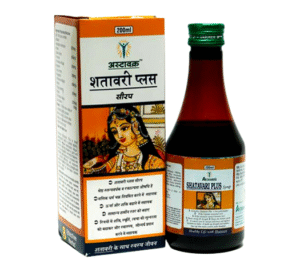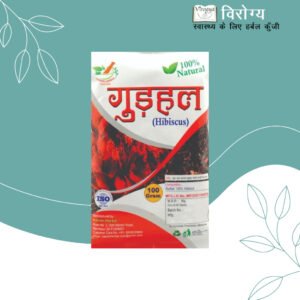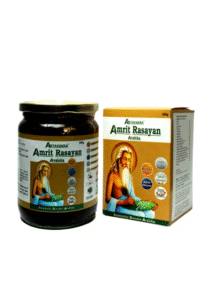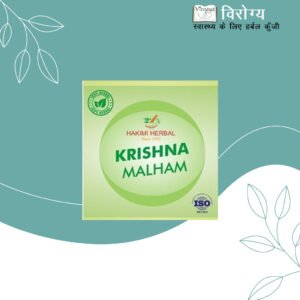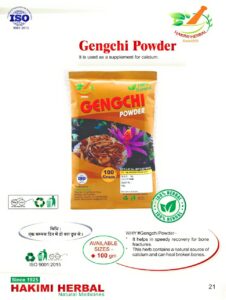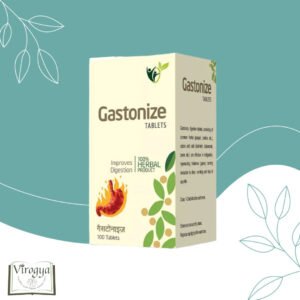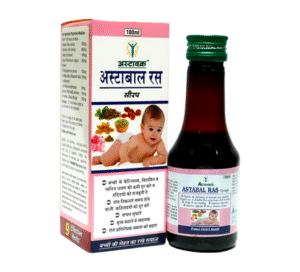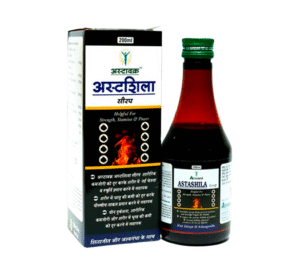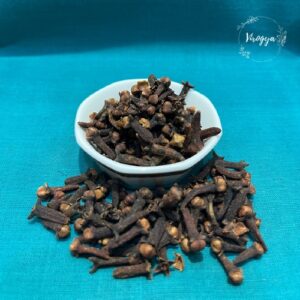Laung (Cloves)
Uses
- Meat and Poultry Dishes: Cloves add warmth to dishes like curries, stews, and roasts.
- Rice: Whole cloves are often used to infuse flavor into rice dishes, such as biryani and pilaf.
- Beverages: They are a common ingredient in chai tea, mulled wine, and spiced cider.
- Baked Goods: Ground cloves are frequently used in spice cakes, gingerbread, and other baked goods.
- Spice Blends: Cloves are a key component in garam masala, five-spice powder, and curry powders.
- Digestive Aid: Cloves are known to stimulate the production of digestive enzymes, which can help with digestion and relieve indigestion and bloating.
- Pain Relief: The eugenol in cloves has analgesic and anti-inflammatory properties, making them useful for alleviating toothaches and other localized pains.
- Antioxidant: Cloves contain high levels of antioxidants, which help neutralize free radicals in the body, reducing oxidative stress and lowering the risk of chronic diseases.
- Antiseptic: The antibacterial properties of cloves can aid in fighting infections and are used in mouthwashes and toothpaste to maintain oral health.
- Anti-nausea: Cloves can help in reducing nausea and are often used to settle the stomach in cases of motion sickness or indigestion.
Cloves (laung in Hindi) are the aromatic flower buds of the Syzygium aromaticum tree, which belongs to the Myrtaceae family. These buds are native to the Maluku Islands in Indonesia, but today they are cultivated in various tropical regions, including India, Madagascar, and Sri Lanka. The name “clove” is derived from the Latin word clavus, which means “nail,” referring to the shape of the dried buds.
Cloves are commonly used in both cooking and traditional medicine. In cooking, they add a warm, slightly sweet, and peppery flavor to a variety of dishes, including meats, stews, curries, and even desserts. They are often a key ingredient in spice blends like garam masala.
Flavor Profile
Cloves have a bold, potent flavor. They are known for their combination of sweet, bitter, and spicy notes with a slight hint of warm, woody undertones. The flavor is strong and pungent, so even a small amount can have a significant impact on the taste of a dish. The distinctive taste is primarily due to the presence of eugenol, the compound responsible for cloves’ characteristic aroma and many of their medicinal properties.
Health Benefits
- Oral Health: Cloves are often used in dental care products because of their ability to kill bacteria and soothe toothaches. Clove oil, when diluted, is sometimes applied to sore gums.
- Respiratory Health: They are known to act as a natural expectorant, helping to relieve symptoms of coughs, colds, and respiratory congestion.
- Blood Sugar Regulation: Some studies suggest that cloves may have a role in regulating blood sugar levels, making them beneficial for people with diabetes.
Conclusion
In conclusion, cloves (laung) are a highly aromatic and versatile spice with a rich history of culinary and medicinal use. Their bold, pungent flavor, primarily due to the compound eugenol, makes them an essential ingredient in many cuisines, from savory curries to sweet baked goods and beverages. Beyond their culinary appeal, cloves offer numerous health benefits, including digestive support, pain relief, and antioxidant properties.
| Weight | 100GM, 250GM, 500GM |
|---|

